- Empty cart.
- Continue Shopping
Simarouba ( Simarouba Glauca)
Original price was: ₹440.00.₹268.00Current price is: ₹268.00.
Genus : Simarouba
“Introducing the Simarouba Glauca Plant, a remarkable addition to any garden or landscape. Known for its hardiness and sustainability, this plant thrives in a variety of conditions. With its attractive green foliage and upright growth habit, Simarouba Glauca adds beauty and visual interest to your outdoor space. It is also valued for its eco-friendly properties, as it requires minimal water and maintenance once established. Whether used as a shade tree, windbreak, or ornamental plant, Simarouba Glauca is a versatile and environmentally-conscious choice. Embrace the beauty and sustainability of Simarouba Glauca and enhance your landscape.”
Simarouba glauca, also known as Paradise tree, is a fast-growing evergreen tree that belongs to the family Simaroubaceae. It is native to the Caribbean, Central, and South America, but is now cultivated in many other parts of the world, including India, where it is widely planted as an agroforestry crop.
The tree can grow up to a height of 15-20 meters and has a broad and spreading crown. Its bark is grayish-brown and rough, and the leaves are alternate, compound, and shiny green in color. The flowers are small, greenish-yellow, and are borne in panicles at the end of branches. The fruit is a drupe that is round, green when immature, and turns yellow when ripe.
Simarouba glauca is a highly valued tree species due to its many uses. Its leaves and bark are used in traditional medicine to treat a variety of ailments, including fever, malaria, and diarrhea. The fruit is edible and has a sweet, juicy pulp that is high in Vitamin C. The seeds are a rich source of oil, which is used in the production of biodiesel.
In addition to its medicinal and nutritional benefits, Simarouba glauca is also an important agroforestry crop. Its fast growth, nitrogen-fixing abilities, and deep root system make it an ideal species for soil conservation, erosion control, and reforestation projects. It is also a good source of shade and shelter for livestock and other crops.
Overall, Simarouba glauca is a versatile and valuable tree species that is well-suited for a range of agricultural and environmental applications.

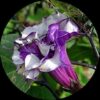


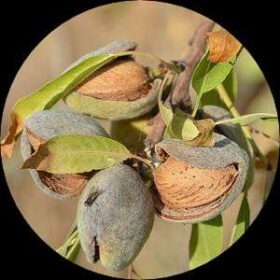
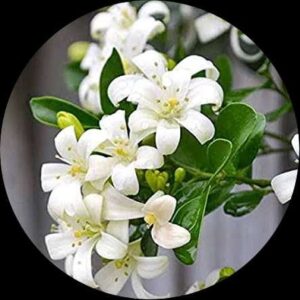



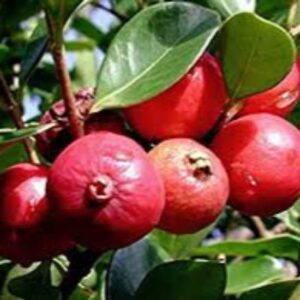

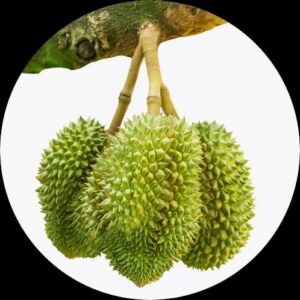
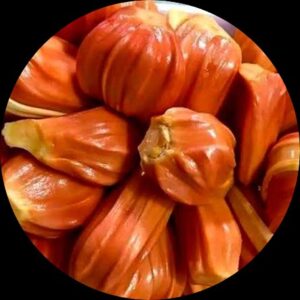
Reviews
There are no reviews yet.